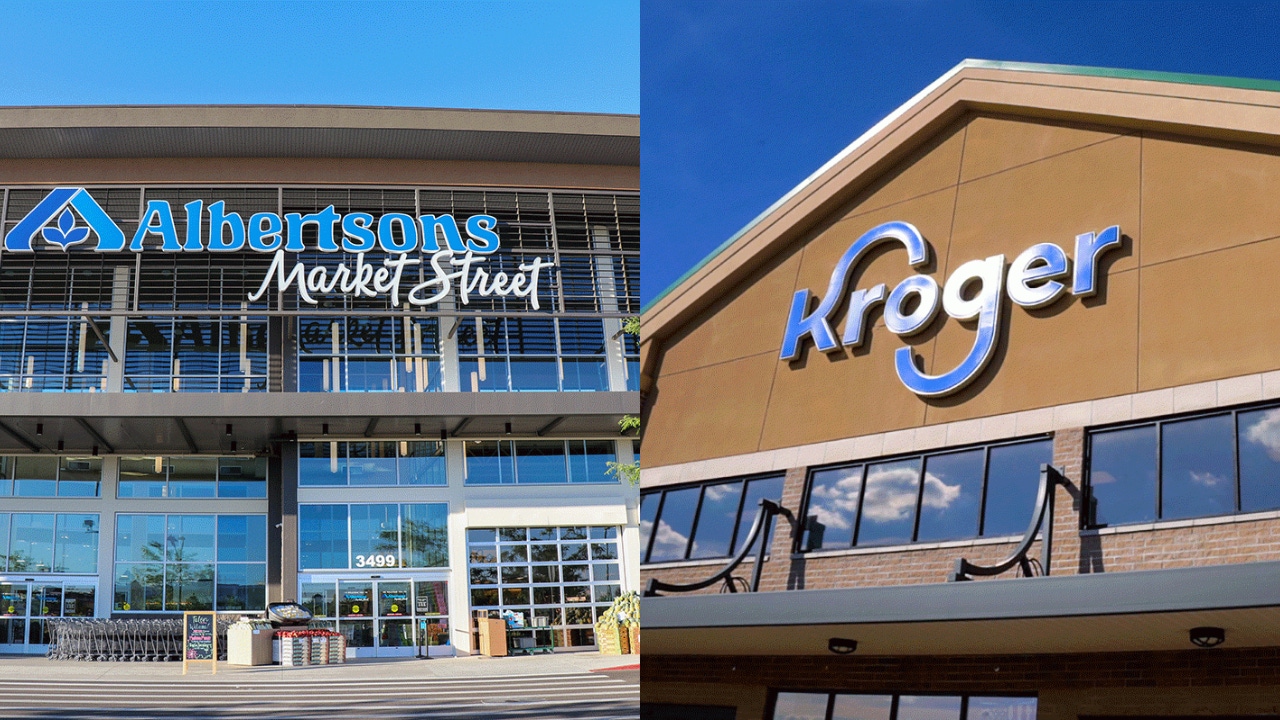Kroger, Albertsons merger trials end in Colorado, WashingtonKroger, Albertsons merger trials end in Colorado, Washington
Washington state judge will make decision on Nov. 15; no date set for Colorado

The simultaneous Kroger, Albertsons merger trials in Colorado and the state of Washington heard closing arguments this week, and in both cases they focused on the same points as the recent federal case against the merger: competition, prices, and jobs.
In Washington, where the pending $24.6 billion merger would impact nearly half of the state’s grocery market, the case wrapped up Tuesday.
When he first filed the suit in January, Washington Attorney General Bob Ferguson said the deal would lead to higher prices for shoppers. On Tuesday in King County Superior Court in Seattle, the state’s lawyer Attorney Glenn Pomerantz said during closing arguments that the Kroger and Albertsons banners compete daily in basically every facet of grocery, including promotional prices, quality of products, and even store hours, reported local media affiliate Fox 13.
The merger would eliminate the head-to-head battles, leading to higher grocery prices in the area, Pomerantz stressed.
The merger deal also includes the divestiture of almost 600 stores, which would be sold to C&S Wholesale Grocers. The legal team representing Washington questioned if C&S was capable of handling such a task while maintaining the same standards of quality, pricing, and service, reported Fox 13.
The Kroger, Albertsons defense team defined competition differently, much like it did during the FTC case. Kroger and Albertsons argue that Walmart is the lead dog in the grocery industry, with a 3.4% price lead in the market.
“Walmart is the silver bullet in the literal sense of the term,” said Kroger, Albertsons attorney Mark Perry. “It is the competitive threat, the existential threat to the grocery retail industry in the United States.
“Walmart has taken over virtually every town across the United States,” Fox 13 reported Perry saying.
In Colorado, lawyers for the state Attorney General’s office said when it comes to [Kroger and Albertsons’] assurances and promises, “watch what they do, not what they say,” reported the Colorado Sun.
Colorado Attorney General Phil Weiser filed the lawsuit against the merger in February and argued that the proposal to divest 579 stores to C&S is “inadequate” and that the merger would hurt consumers and workers.
Colorado State Attorney Arthur Biller claimed Kroger created a noncompetitive zone of stores on the state’s Western Slope, with higher prices for consumers as a result.
Biller also argued that C&S has a history of underperforming stores. Albertsons operates 105 stores in Colorado, which would all be acquired by Kroger should the merger go through. From there, the Cincinnati-based grocer would keep 14 Safeways and sell the rest to C&S.
Albertsons and C&S executives said in earlier testimony that 40 low-performing stores, including eight in Colorado, would be turned over to C&S and that none of the stores would close. But during closing arguments, Biller produced a press release from C&S indicating that it was very possible that the stores would indeed close after the deal went through.
Colorado state attorneys used closing arguments to discredit several witnesses for the state. Roger Davidson, an industry consultant, testified that stores transitioned to C&S will see a drop in revenue and some will close.
Kroger, Albertsons Attorney Matt Wolf then accused Davidson of lying about his academic credentials and having a conflict of interest, said The Denver Post. Another state witness, Nitin Dua, was also criticized for downplaying the competition of Costco, Amazon, and other grocers.
Prosecutors in both states also brought up concerns around grocery jobs being eliminated if the merger is approved.
Denver District Court Judge Andrew Luxen said both sides will have until Nov. 7 to get all exhibit documents filed. There was no timetable set for a decision.
Washington state is expected to deliver a ruling during a Nov. 15 hearing.
About the Author
You May Also Like





.webp?width=300&auto=webp&quality=80&disable=upscale)
